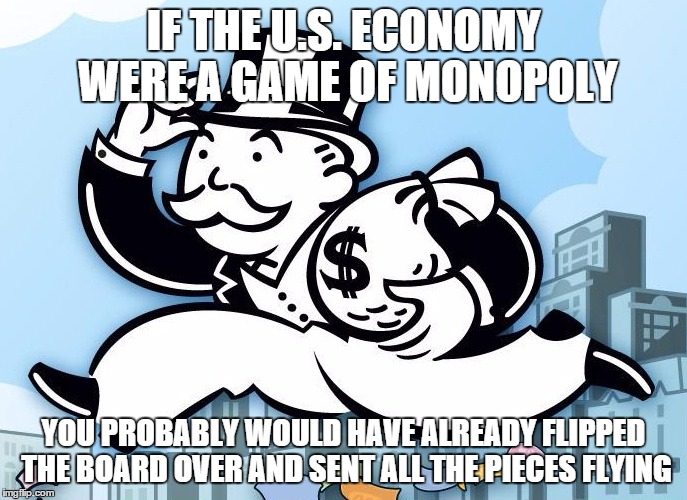
Since sugar refinery manufacturing wasn’t commerce, United States v. E. C Knight (1895) said Congress cannot intrude on state sovereignty with the Sherman Anti-Trust Act.
In United States v. E. C Knight (1895), the Supreme Court said sugar refinery manufacturing isn’t commerce.
These are the facts of United States v. E. C Knight. In 1895, E.C. Knight Co (Appellee), along with other sugar refineries, contracted four sugar refineries in Philadelphia in hopes of controlling the sugar refinery business in the USA. Moreover, the government (Appellant) said EC. Knighted monopolized the sugar refining business, which was a violation the Sherman Anti-Trust Act.
Here’s the issue in United States v. E. C Knight: Is the Sherman Anti-Trust Act constitutional? Did Congress exceed it’s authority by passing this act in regards to the Commerce Clause?
In the E. C Knight case, the Supreme Court said manufacturing isn’t commerce. However, the Sherman Anti-Trust Act is constitutional. Furthermore, the act does not apply to manufacturing, which falls within the states police power to regulate manufacturing.
However, the Supreme Court would read the Commerce Clause broadly in Champion v. Ames (1903). the Supreme Court said lottery tickets does constitute interstate commerce; therefore, Congress can regulate lottery tickets under the Commerce Clause. The Champion case was inconsistent with the E. C Knight ruling, which took place in 1903.
That being said, the Supreme Court would use a narrow reading of the Commerce Clause in Hammer v. Dagenhart (1918). Here, the Supreme Court said Congress has no power under the Commerce Clause to regulate labor conditions. The Supreme Court said states regulate labor conditions under the state police power and the Tenth Amendment.
In time, the Supreme Court would return to a broad reading of the Commerce Clause in United States v. Darby (1941). Here, the Supreme Court said the Fair Labor Standards Act is constitutional under the Commerce Clause; therefore, Congress can enact this law. In regards to earlier Commerce Clause case like E. C Knight, the Darby case was an inconsistent ruling, but it was consistent with the Champion case.
In the final analysis, E. C knight was good law for a few years. However, the Supreme Court would begin ruling broadly on the Commerce Clause with the start of the New Deal cases. E. C Knight’s precedent that manufacturing isn’t commerce would be abandoned with cases like NLRB v. Jones and Laughlin Steel Corporation (1935) and United States v. Darby (1941).